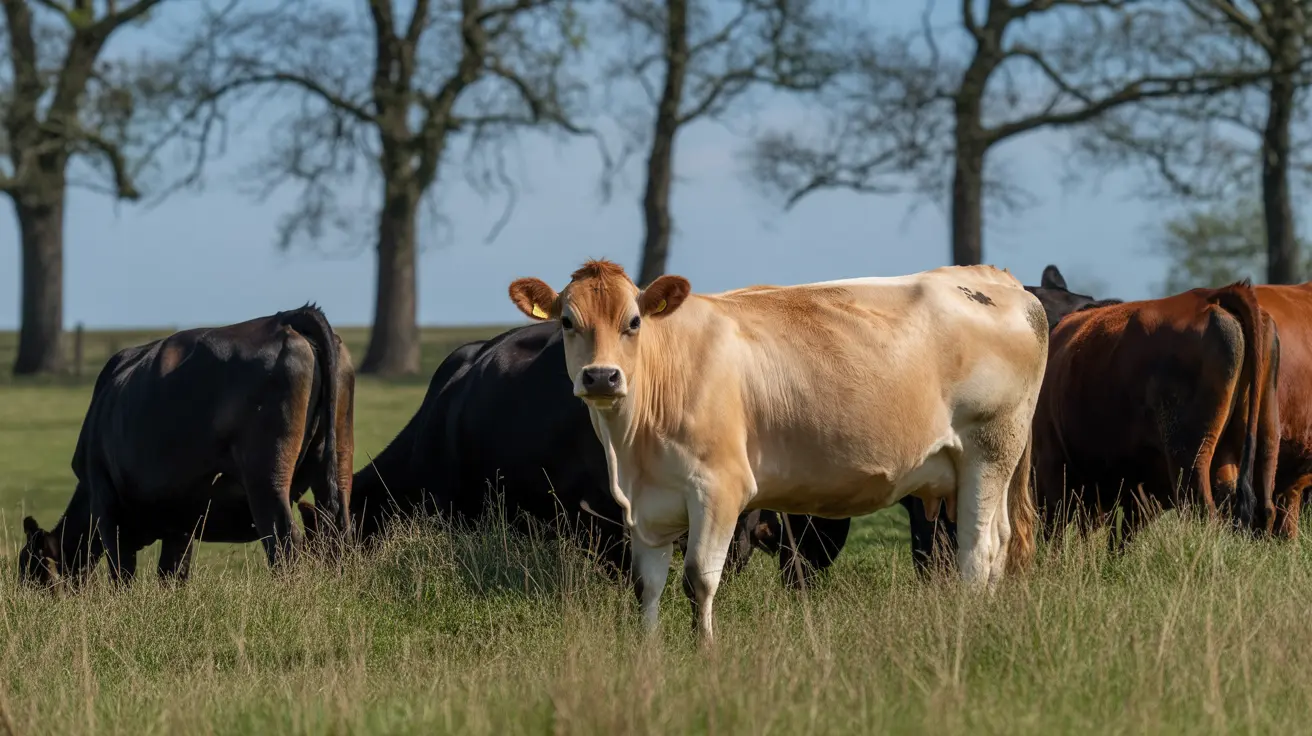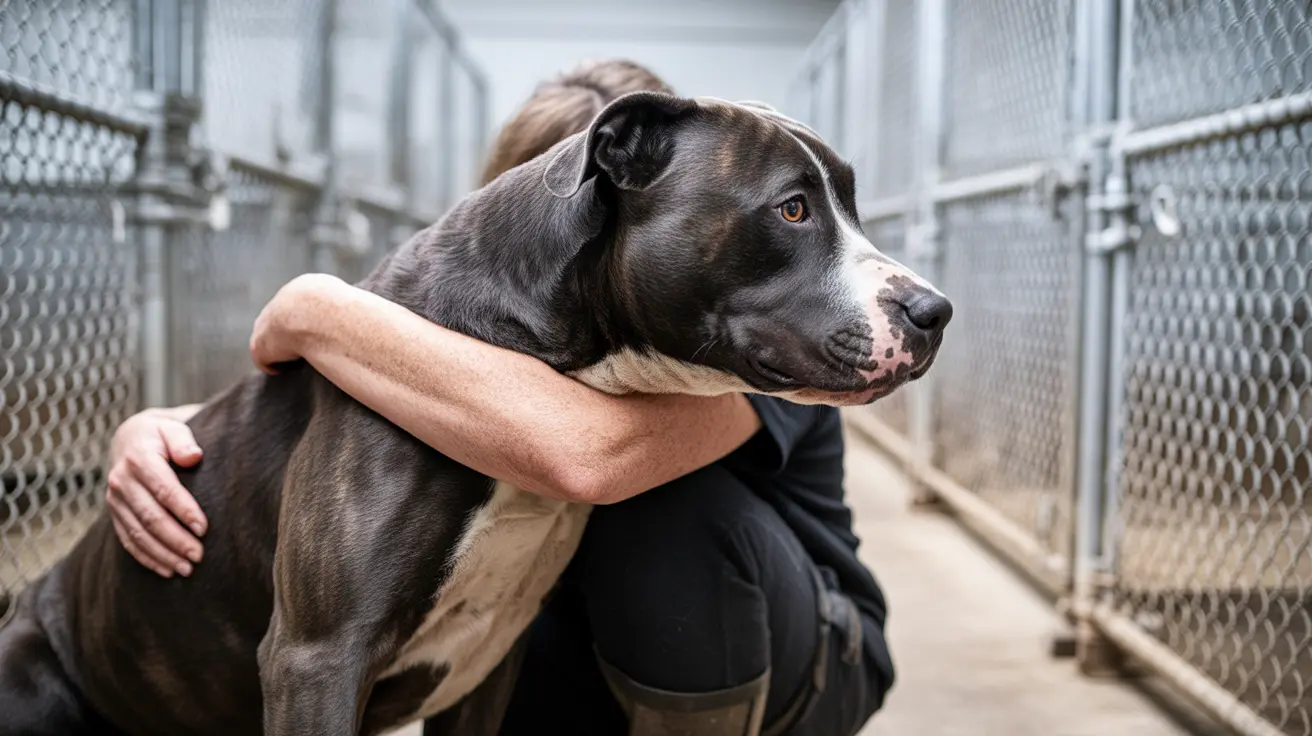Virginia has taken a significant step to address its ongoing shortage of large animal veterinarians by awarding nearly $900,000 in grants to boost rural veterinary care across the state. This critical funding initiative comes at a time when the Virginia large animal veterinarian shortage has reached concerning levels, impacting not only animal health but also farm operations, food safety, and the agricultural economy that many rural communities depend on.
The shortage of veterinarians specializing in livestock, poultry, and equine care has created substantial challenges for farmers and animal owners in rural areas. With fewer graduates choosing to enter large animal practice and existing practitioners facing numerous obstacles, Virginia's agricultural sector has been struggling to maintain adequate veterinary coverage for its livestock and equine populations.
Understanding Virginia's Rural Veterinary Care Crisis
The shortage of large animal veterinarians in Virginia reflects a nationwide trend that has been developing over several years. Rural veterinary care Virginia has become increasingly difficult to access as more veterinary graduates gravitate toward companion animal practice in urban and suburban areas. This shift leaves farmers, ranchers, and equine owners in underserved regions with limited access to essential veterinary services.
Several factors contribute to this shortage. High educational debt burdens make the often lower-paying large animal practice less attractive to new graduates. The demanding nature of large animal veterinary work, which often involves long hours, extensive travel, and emergency calls at all hours, can lead to professional burnout. Additionally, the isolation that comes with rural practice and limited opportunities for professional development can make recruitment and retention challenging.
The Virginia Large Animal Veterinary Grant Program
Virginia's large animal veterinary grant Virginia program represents a targeted approach to addressing these shortages. The nearly $900,000 in funding is designed to support veterinarians who commit to providing livestock veterinary services and other large animal care in underserved rural regions throughout the state.
This comprehensive program can provide up to $110,000 in grants to qualified veterinarians, covering various aspects of establishing and maintaining a rural large animal practice. The funding supports practice establishment costs, essential equipment purchases, salary supplementation, veterinary student loan repayment Virginia assistance, and travel expenses associated with mobile large animal vet units.
Impact on Agricultural Communities and Food Safety
The importance of accessible veterinary care extends far beyond individual animal health. Virginia cattle farm veterinary care and poultry veterinary services Virginia play crucial roles in maintaining the safety and security of the food supply chain. When farmers lack access to veterinary services, disease outbreaks can spread more rapidly, potentially affecting entire herds or flocks.
Preventive care, vaccination programs, and early disease detection all depend on regular veterinary oversight. Without adequate coverage, Virginia farm animal vet shortage can lead to economic losses for individual farmers and broader impacts on agricultural productivity. The equine veterinary shortage Virginia also affects the state's significant horse industry, which contributes substantially to the rural economy.
Supporting Rural Farm Veterinary Access Through Innovation
Modern approaches to addressing veterinary shortages often involve innovative service delivery models. Mobile large animal vet units have become increasingly important in extending veterinary care to remote areas where establishing a permanent practice might not be economically viable. These mobile services can cover larger geographic areas and serve multiple communities efficiently.
The veterinary grants for rural practices also support telemedicine capabilities, allowing rural veterinarians to consult with specialists and access continuing education opportunities that might otherwise be unavailable in isolated areas. This technological support helps address the professional isolation that can contribute to veterinarian turnover in rural regions.
Long-term Solutions for Veterinary Workforce Development
While immediate funding provides crucial support, addressing the Virginia agricultural veterinarian support needs requires long-term workforce development strategies. Encouraging veterinary students to consider large animal practice through exposure programs, mentorship opportunities, and financial incentives can help build a pipeline of future practitioners.
Food safety veterinary Virginia initiatives also play a role in highlighting the important public health aspects of large animal veterinary work. By emphasizing the broader community impact of this specialization, the profession can attract individuals motivated by public service and food system security.
Frequently Asked Questions
What is causing the shortage of large animal veterinarians in Virginia's rural areas?
The shortage is due to fewer graduates choosing livestock or equine medicine, high educational debt, urbanization, and the demanding nature of rural large animal veterinary practice.
How does the Virginia Large Animal Veterinary Grant Program help address veterinary shortages?
It provides up to $110,000 in grants to veterinarians who commit to practicing large animal care in underserved rural regions, supporting practice establishment, equipment, salaries, loan repayment, and travel expenses.
Why is access to large animal veterinary care important for farmers and food safety in Virginia?
Accessible veterinary care prevents animal disease outbreaks, supports herd health, ensures food supply chain safety, and sustains rural economies reliant on livestock and equine industries.
Moving Forward with Rural Veterinary Care
Virginia's nearly $900,000 investment in rural veterinary care represents a significant commitment to supporting both agricultural communities and animal welfare. This funding initiative addresses immediate needs while contributing to long-term solutions for veterinary workforce challenges in rural areas.
The success of this program could serve as a model for other states facing similar veterinary shortage issues. By combining financial support with strategic workforce development, Virginia is taking meaningful steps to ensure that rural communities maintain access to essential veterinary services for their livestock, poultry, and equine populations.






